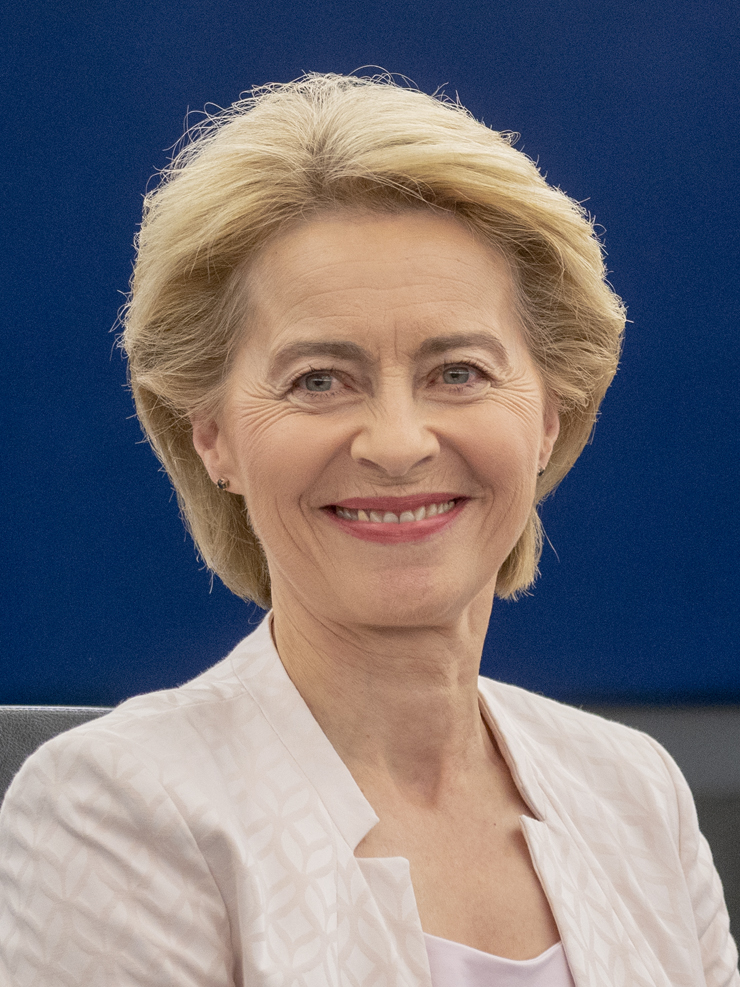The key points of EU-Japan Summit, focus on digital cooperation
The topics discussed included enhancing cooperation in AI, semiconductor and computing technologies, digital connectivity, data flows and digital trade, and cybersecurity and platform regulation.

In Brussels, the President of the European Council, Charles Michel, President of the European Commission, Ursula von der Leyen, and Prime Minister Kishida Fumio of Japan met for the 29th Summit between the European Union and Japan.
They issued a joint statement outlining the key outcomes and agreements discussed during the summit.
Enhancing cooperation in artificial Intelligence
Parties expressed their commitment to maximising the benefits of AI while mitigating its risks. They emphasised the promotion of international discussions on AI governance to achieve trustworthy AI. The G7 Hiroshima AI Process was outlined as a platform for inclusive cooperation on AI in collaboration with the OECD and GPAI (Global Partnership on AI).

Ursula von der Leyen shared her thoughts on AI in a joint press conference.
‘We will cooperate on artificial intelligence. This has two legs: Of course, on the one hand, we want to reap its benefits, but on the other hand we also see the risks and we want to manage the risks.’
Semiconductor, quantum and high-performance computing
The leaders welcomed signing a Memorandum of Cooperation on semiconductors that focuses on areas such as an early warning mechanism for the semiconductor supply chain, research and development, advanced skills, use cases of semiconductor applications, and subsidy transparency.
Both parties will collaborate on quantum and high-performance computing, granting reciprocal access for researchers to supercomputers. Specifically, Japan’s Fugaku and the EU’s LUMI, Leonardo, and Mare Nostrum 5 will be made accessible.
Infrastrucutre and 5G
Parties will engage in joint research and standardisation efforts in the realm of 5G and beyond, ensuring the development and implementation of robust and secure communication networks.
Parties have reaffirmed their commitment to advancing their agreed goals during the first Japan-EU Digital Partnership Council meeting on 3 July. A Memorandum of Cooperation was signed to foster secure, resilient, and sustainable submarine connectivity. Notably, both partners will collaborate to enhance submarine cable connectivity in the Arctic, enabling secure and high-quality connections between the EU and Japan, with potential expansion to Southeast Asia and the broader Pacific region.
World Trade Organisation
Parties have pledged their support to strengthen and reform the World Trade Organisation (WTO) as a vital component of the global economic system. They are committed to accelerating the WTO JSI E-Commerce negotiations and working to conclude an outcome by the end of 2023.
Data flow, digital market and digital transformation
The parties have expressed their objective to shape a global rulebook for digital trade that benefits businesses and consumers alike. They welcomed the progress achieved in negotiations on data flows under article 8.81 of the Economic Partnership Agreement (EPA), which will complement the existing digital trade rules. Both sides are committed to expediting the data flow negotiations, aiming to conclude them later in the year, provided certain conditions are met. Furthermore, they have jointly adopted Digital Trade Principles to demonstrate their shared dedication to fostering an open digital market.
Furthermore, the EU and Japan have expressed their intention to explore potential collaborative actions in areas with high economic potential. These include the digital transformation of small and medium-sized enterprises (SMEs) and initiatives to ensure the interoperability of digital identities and electronic signatures to facilitate digital trade exchanges.
Cybersecurity, disinformation, platform regulation
The parties emphasised the need to tackle emerging challenges and announced their plans to establish a Strategic Dialogue at the foreign ministerial level. This dialogue aims to strengthen their security partnership and address critical issues such as cybersecurity and hybrid threats, including foreign information manipulation and interference. The parties also highlighted their commitment to engaging in constructive discussions on platform regulation to ensure a secure and trustworthy digital environment.


